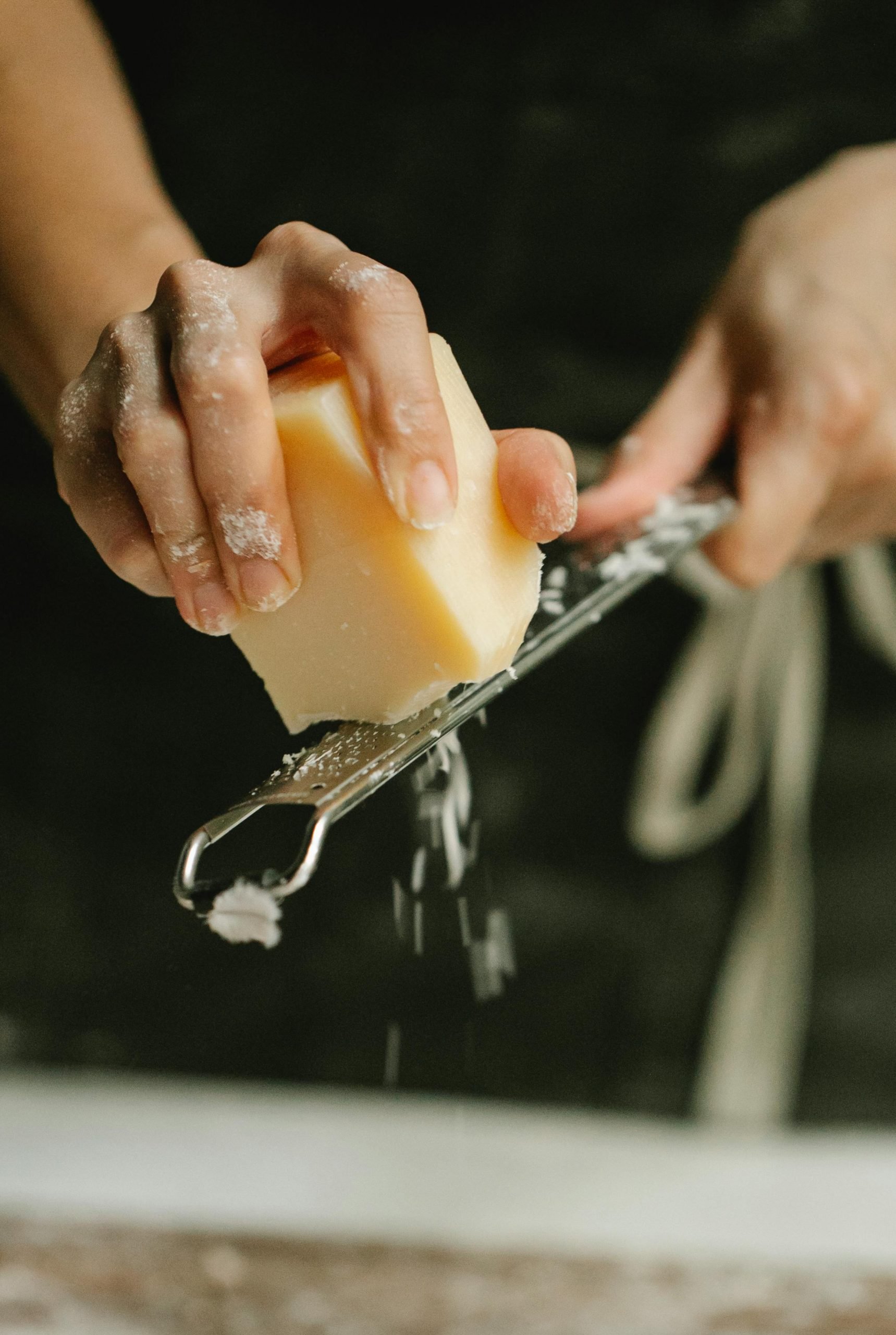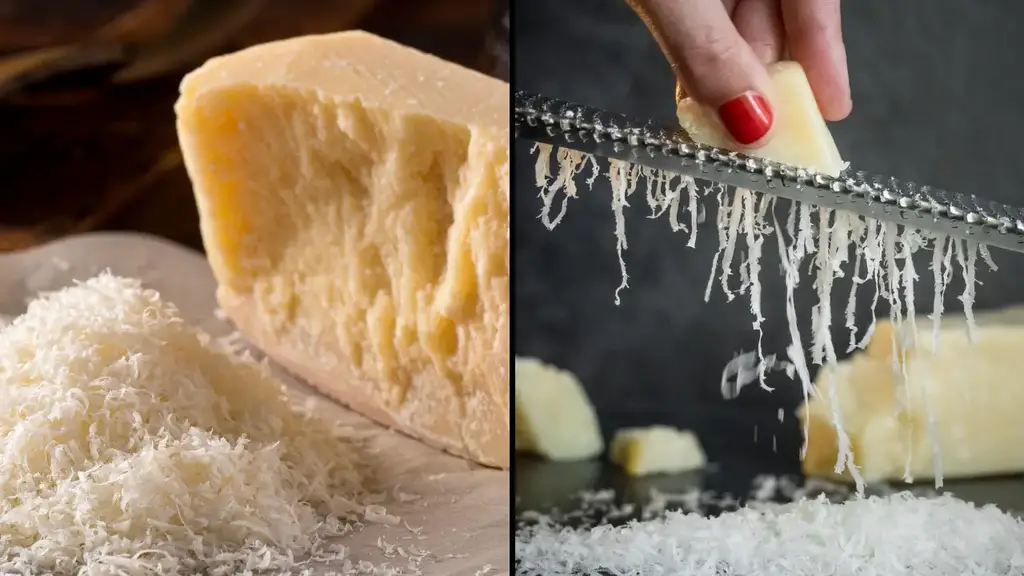People are learning what Parmesan cheese is made from – and it’s grim.
Cheese truly takes any dish to the next level, whether added to your favorite pasta meal or a deep-filled pizza.
If you’re a true cheese lover, you’re probably also a huge Parmesan fan.
But now, some people are vowing never to eat it again after discovering what some brands use to make it.

People are taking to social media and sharing their disbelief after finding out the popular cheese’s key ingredient.
On X, formerly Twitter, one person writes: “I did not know this. It makes me very sad. I like Parmesan but don’t think I can ever eat it again.”
“This is the piece of info that finally pushed me to go vegan,” another adds. “Everyone should know this!”
A third X user says: “Wow, I had never heard that! Dairy is scary for real.”
“Even as a vegan of nearly three years, I still learn new horrifying facts about the animal industries,” somebody else comments.

It all started when one X user took to the platform and shared: “I was today years old when I found out that Parmesan cheese is made from a baby cow’s stomach and I could go cry.
“I’m just gonna have to go full vegan at this point.”
Wisconsin Cheese says Parmesan is made from four ingredients: milk, salt, bacterial cultures, and rennet – an enzyme sourced from calves’ stomachs, making it unsuitable for vegetarians and vegans.
Culture Cheese Magazine says that rennet is made when the calf is killed and its stomach dries, becoming solid.
Depending on production and the location, the dried organ is cut into pieces and preserved. When it’s time for the ingredient to be used, the rennet is rehydrated in some water and then added to milk.

Plant Based News elaborates: “In newborn animals, chymosin curdles the milk they ingest, allowing for better absorption of nutrients. In cheese-making, chymosin is introduced to create curds.
“Many people are unaware that the inclusion of rennet in Parmesan means it cannot even be considered suitable for vegetarians.
“While chymosin can technically be sourced from plants and fungi, the traditional production methods of Parmesan dictate that the ingredient is animal-derived.”
The vegan news media site adds that although dairy production is often considered more ethical than the meat industry, this arguably isn’t the case.
According to Snopes, making Parmesan – or Parmigiano-Reggiano – involves strict procedures and must include calf rennet to earn its authentic legal title.
The fact-checking website states it got Protected Designation of Origin (PDO) status in 1996.
As awareness grows, vegan alternatives to Parmesan are becoming more accessible, with PETA publishing a list of vegan cheeses available.


